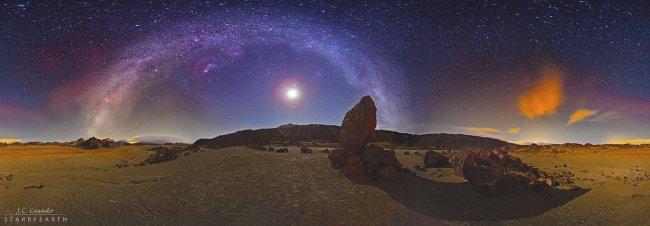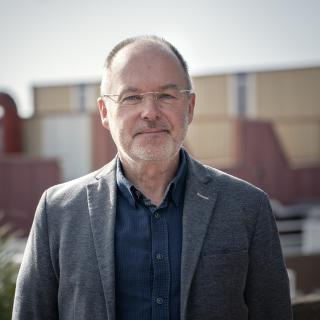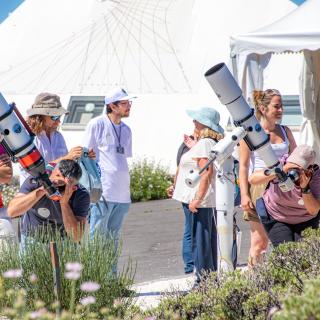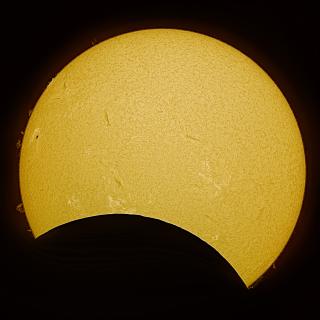STARS4ALL, a European Union project which started at the end of 2015 —The International Year of Light— will bring together for the first time groups related to information technology, social science, economics, astronomy and ecology, to create self-sustaining initiatives related to light pollution
The negative effects of artificial light on biodiversity, night time habitats, the visibility of stars, astronomical phenomena and human welfare are worrying an ever increasing community of experts as well as ordinary people. Creating sensitivity about this impact, and promoting measures to reduce it, such as improving the quality of artificial lighting, will not only improve the quality of our ecosystems and the places where we live, but will also be helpful by yielding major economic and energy savings.
The following ten initiatives about light pollution will start to be effective in the next few months, and will continue until the end of the year:
- Broadcasting of astronomical events: at least 7 astronomical events will be broadcasted around the World and multimedia material associated with them will be on offer. These events range from aurorae borealis to solar and lunar eclipses. Within a framework of journeys, educational activities will be carried out, which will increase young people’s awareness of the beauty of night time landscapes.
- Preserve the darkness of European skies. This initiative is aimed at fomenting legislation to protect natural areas at night.
- Creation of a logo to recognize the fulfillment of the norms which protect the sky by companies, NGO’s, villages or any other kind of institutions.
- The production of a map showing inefficient street lighting. The general public will be invited to participate in the detection of inefficient street lights, or those which emit too much light into the sky.
- Identification of energy waste due to commercial illumination, for example lights which are left on unnecessarily systematically, or inefficient lighting.
- Setting up a network of sensors to measure light pollution in European villages. In addition, the general public will be able to acquire and install low cost photometers, which will be sold via the project website in order to enhance this network.
- Monitoring of light pollution via the Cities at Night network, http://www.citiesatnight.org/ using images from the International Space Station.
- Involving European citizens in a movement for change, and living them a role. For this purpose they will be able to use tools such as http://www.change.org or www.clickanddesign.eu.
- Enhancing the reach of the European web Loss of the Night, which already exists, so as to increase the number of activities related to light pollution.
- Encouraging the use of the Loss of the Night application which allows the general public to measure the changes in our nocturnal landscapes. As well as providing valuable data, the public will get to know about the stars which can still be seen from their location.
These activities will be complemented by a series of games to obtain relevant data from the general public. Tutorials and formats by which the public can adapt the games to other initiatives related to light pollution will also be offered. Using crowdfunding,new initiatives related to the protection of the sky will be launched.
It is hoped that these first initiatives will generate infrastructure for later projects, as one of the most important aims is to increase the number of people active in defence of the quality of the night sky. To achieve this the Universidad Politécnica de Madrid (UPM) which is the institution coordinating the project, is collaborating with other institutions such as the Universidad Complutense de Madrid (UCM), the University of Southampton (SOTON), the Leibniz Institute of Sweetwater Ecology and of Continental Fishing (IGB), CEFRIEL Italy, the ESCP Business School-Europe, the European Crowdfunding Network (ECN) and the Instituto de Astrofísica de Canarias (IAC).
By this activity, the IAC is yet again showing its commitment to the protection of the sky. In 1992, it created the Technical Office for the Protection of the Sky (OTPC), a unit specializing in vigilance and advising about these matters, which helped the practical implementation of a national law, the so-called “Law of the Sky” (law 31/1988). That law was a pioneering way to protect the heavens over the islands of La Palma and Tenerife, and was a precedent for the extension of similar regulations in other parts of the world.
In addition, the IAC was behind the Starlight Initiative in 2007, an international campaign in defence of the quality of the night sky, of a general right to observe the stars, and of outreach in astronomy. This was an initiative open to participation by all institutions, scientific and cultural associations, and any member of the general public who is a defender of the heavens.
The Starlight Foundation was created to manage this initiative, and developed a form of international certification of those areas with outstanding sky quality and which take the measures necessary for its protection and conservation, notably in matters related to intelligent lighting. This certification is backed by entities such as UNESCO, the World Tourism Organization (UNWTO) and the International Astronomical Union (IAU), among others. Among the main aims of the Foundation are outreach in astronomy and the promotion of scientific tourism (and in particular tourism of the stars), as a sector which is emerging, sustainable, and of high quality.
STARS4ALL aims at following the same line, promoting the public conscience and education about the importance of recovering a dark sky. It is a project funded by the ICT Programme (Information and Communication Technologies Programme) H2020 of the European Union under agreement 688135. It comprises 8 institutions (UPM, CEFRIEL, SOTON, ECN, ESCP, IAC, IGB, UCM) from 6 countries.
- More information on the project website: http://www.stars4all.eu/
- Initiatives about light pollution: http://www.stars4all.eu/index.php/lpis/
- Broadcasting of events: http://www.sky-live.tv/



